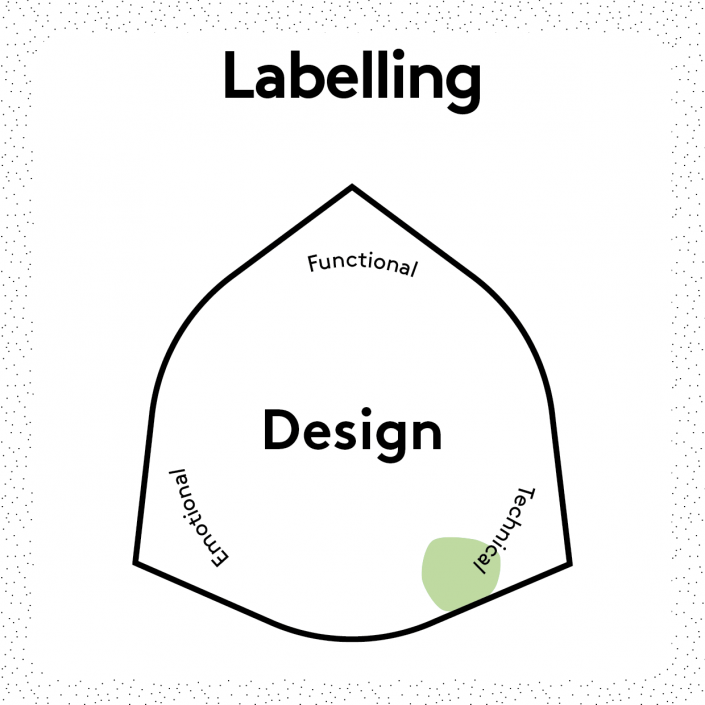What?
Initiatives towards responsible labour conditions in a product’s life cycle. This is often incorporated in a company’s corporate social responsibility (CSR) strategy.
Why?
Striving for ethical supply chains ensures that workers involved in a product’s life cycle (from extraction to end of life) have dignified working conditions. It is also a way to fight against e.g. child labour, slavery or hazardous work sites.
Challenges
It can be difficult, time-consuming and expensive for a company to audit its suppliers and sub-suppliers to make sure that they share its ethical values.
Examples
- Local policies, like the California Transparency in Supply Chains Act, pushes manufacturers to investigate their supply chain and eradicate slavery or other forms of unfair work.
- The organisation Clean Clothes Campaign aims at improving working conditions in the global garment industry.
- The company Fairphone focuses on using materials from conflict-free areas and allows workers to form labour organisations.
Further Reading
Corbin et al. (2018). Materials Democracy: An Action Plan for Realising a Redistributed Materials Economy. Making Futures, 5.
Moon (2014). Corporate Social Responsibility: A Very Short Introduction. Oxford University Press.
Ross (2004). Slaves to Fashion – Poverty and Abuse in the New Sweatshops. Michigan University Press.











